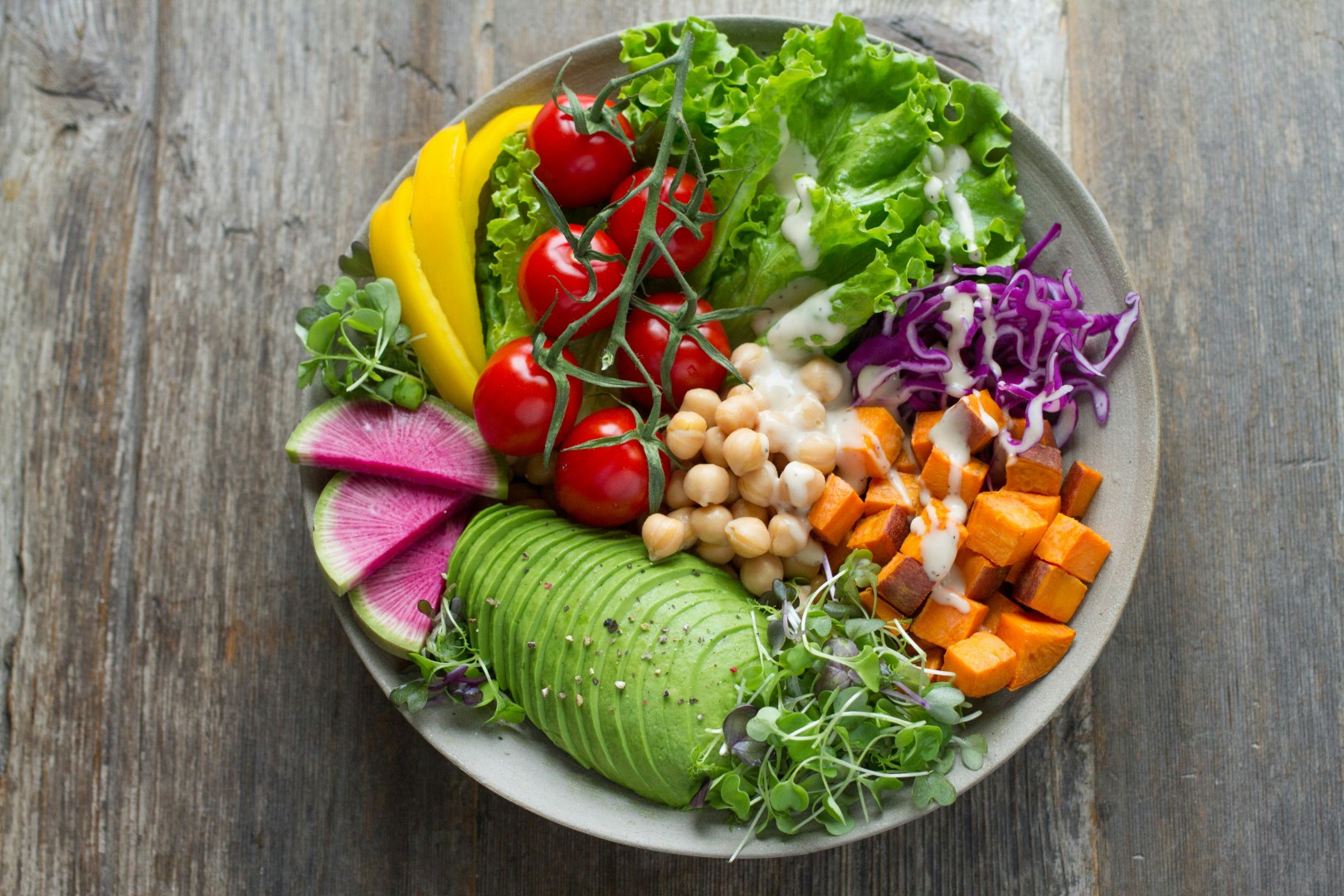Eat Your Way to a Stronger Immune System: A Guide to Superfoods
15 Jan 2025

Eat Your Way to a Stronger Immune System: A Guide to Superfoods
Our immune system is a complex network that protects the body from infection and disease and instructs healing and repair from injury.
Oestrogen plays a critical role in stimulating the female immune system during a woman's fertile years. Female T cells release higher levels of inflammatory messengers, while B cells in women produce more antibodies than their male counterparts. This enhanced immunity may offer evolutionary advantages, allowing mothers to transmit protective antibodies to their infants through the placenta and breast milk.
Studies reveal that the loss of oestrogen in menopause coincides with a distinct rise in inflammatory messengers, leading to an upregulation of inflammatory processes. This heightened inflammatory state has been implicated in various menopausal health issues, such as the development of cardiovascular disease, osteoporosis, and cognitive decline.
Signs of a Weakened Immune System
Frequent Infections: Recurrent colds, persistent infections (e.g., sinusitis, urinary tract infections, candida), and difficulty recovering from illnesses.
Chronic Fatigue: Persistent low energy, overwhelming tiredness, and difficulty with daily activities.
Slow Wound Healing: Wounds that take significantly longer than usual to heal.
Chronic Inflammation: Ongoing symptoms like joint pain, skin rashes, recurring infections, and digestive issues.
Other Potential Signs: Flu-like symptoms, allergies, and recurring gastrointestinal problems, development of an autoimmune condition.
Factors Influencing Immune System Development and Function
Aside from genetic predisposition, several lifestyle and environmental factors can alter immune system function:
1. Stress and Sleep
Stress and poor sleep can deplete essential nutrients, disrupt gut health, and elevate cortisol levels, which suppress immune function.
2. Physical Activity
A sedentary lifestyle negatively impacts immune response. Studies suggest that active individuals, especially the elderly, exhibit more robust immune responses. However, excessive endurance exercise can lead to increased cortisol levels, which may supress the immune system over time.
3. Gut Microbiome
The majority of the immune system resides in the gut. Imbalances in gut health can lead to inflammation, which stimulates cortisol production and can lead to the development of leaky gut which may increase the risk of developing an autoimmune condition.
4. Menopause and Hormonal Changes
Hormonal fluctuations during menopause can result in elevated levels of pro-inflammatory messengers and a decline in T and B cell numbers. Hormone Replacement Therapy (HRT) has been shown to enhance circulating B cells and reduce pro-inflammatory markers in menopausal women.
5. Hydration
Maintaining a good level of hydration each day is crucial for immune health because it helps achieve optimal blood circulation, allowing immune cells to travel efficiently throughout the body to fight infections. The colour of your pee is a good indicator of hydration status – it should be the colour of pale straw. Urine darker than this suggests dehydration.
6. Nutrition
A well-balanced diet rich in anti-inflammatory foods is crucial for optimal immune function. Key nutritional components include:
Protein: Essential for immune cell production.
Healthy Fats: Support fluid cell membranes; sources include oily fish, olive oil and avocado.
Low Glycaemic Carbohydrates: Beans, lentils, and whole grains help maintain steady energy levels.
Vitamins and Minerals: Especially vitamin D, vitamin C, Zinc, and Selenium which are vital for immune health.
Colourful fruits and vegetables, herbs and spices are packed with beneficial plant chemicals and antioxidants to boost immunity.
Minimizing sugar and processed foods can also significantly enhance immune resilience.
Superfoods to Supercharge Immunity
Here are some top choices:
Citrus Fruits: Oranges, lemons, grapefruits, and limes are high in vitamin C, which is known to boost the production of white blood cells.
Red Bell Peppers: Surprisingly, red bell peppers contain even more vitamin C than citrus fruits and are also rich in beta carotene, which helps maintain healthy skin and mucous membranes.
Garlic: This flavourful ingredient contains allicin, which has antimicrobial properties and may enhance immune function.
Ginger: Known for its anti-inflammatory properties, ginger can help reduce inflammation and may also aid in digestive health.
Spinach: Packed with vitamin C, antioxidants, non-haem iron and beta carotene, spinach can help improve the immune system.
Live Yogurt & Fermented Foods: Probiotic-rich plain yogurts, and other fermented foods including kimchi, sauerkraut and kefir promote gut health, which is crucial for a well-functioning immune system.
Almonds: A great source of vitamin E, which is important for maintaining a healthy immune system. Just a handful provides nearly all the daily recommended intake.
Turmeric: This spice contains curcumin, known for its anti-inflammatory properties and its ability to boost immune response.
Green Tea: Rich in antioxidants called catechins, green tea has been shown to enhance immune function.
Broccoli: This vegetable is loaded with vitamins A, C, and E, along with fibre and numerous antioxidants, making it great for immunity. Cruciferous vegetables also contain a chemical called sulphoraphane which has been shown to be anti-cancer.
Mushrooms: Edible mushrooms, such as shiitake, maitake, and reishi, contain beta-glucans. These compounds may help increase the activity of immune cells, improve their ability to fight infections, and reduce inflammation.
Incorporating these foods into your diet and focusing on regular movement, stress management practices and a good level hydration may help boost your immune system and promote overall health.

Work with Me
Whether you’re looking to boost your current wellbeing, you’re struggling with ongoing health challenges, or you've received a troubling diagnosis and you want to go deeper, my one-to-one personalised nutrition and lifestyle programmes can provide you with tailored support. We work step-by-step to resolve the root causes of your health challenges and create your best health so that you can enjoy life to the fullest. And, with experience of working closely with GPs in the NHS I can provide support to help you navigate those conversations and advocate for yourself.
Click here to book your free 30-minute, no-obligation, chat with me to review your health goals and discuss how I can help.